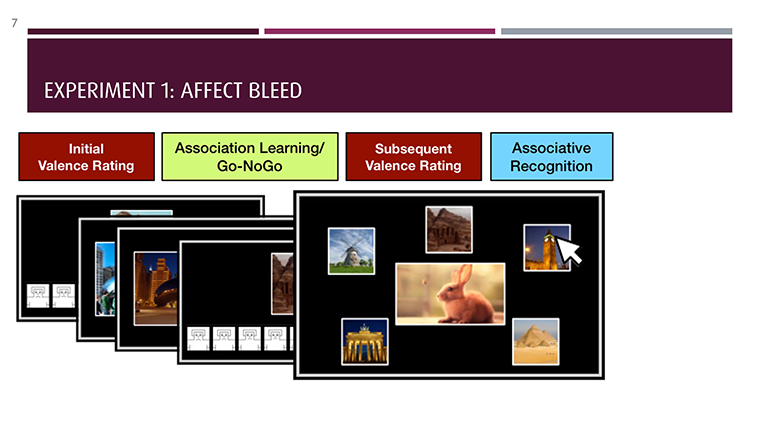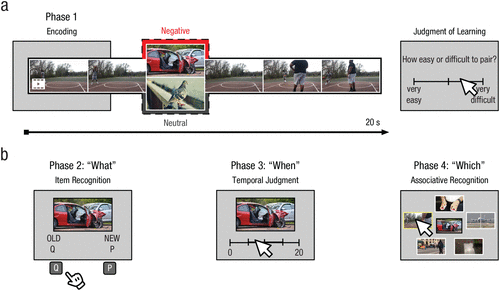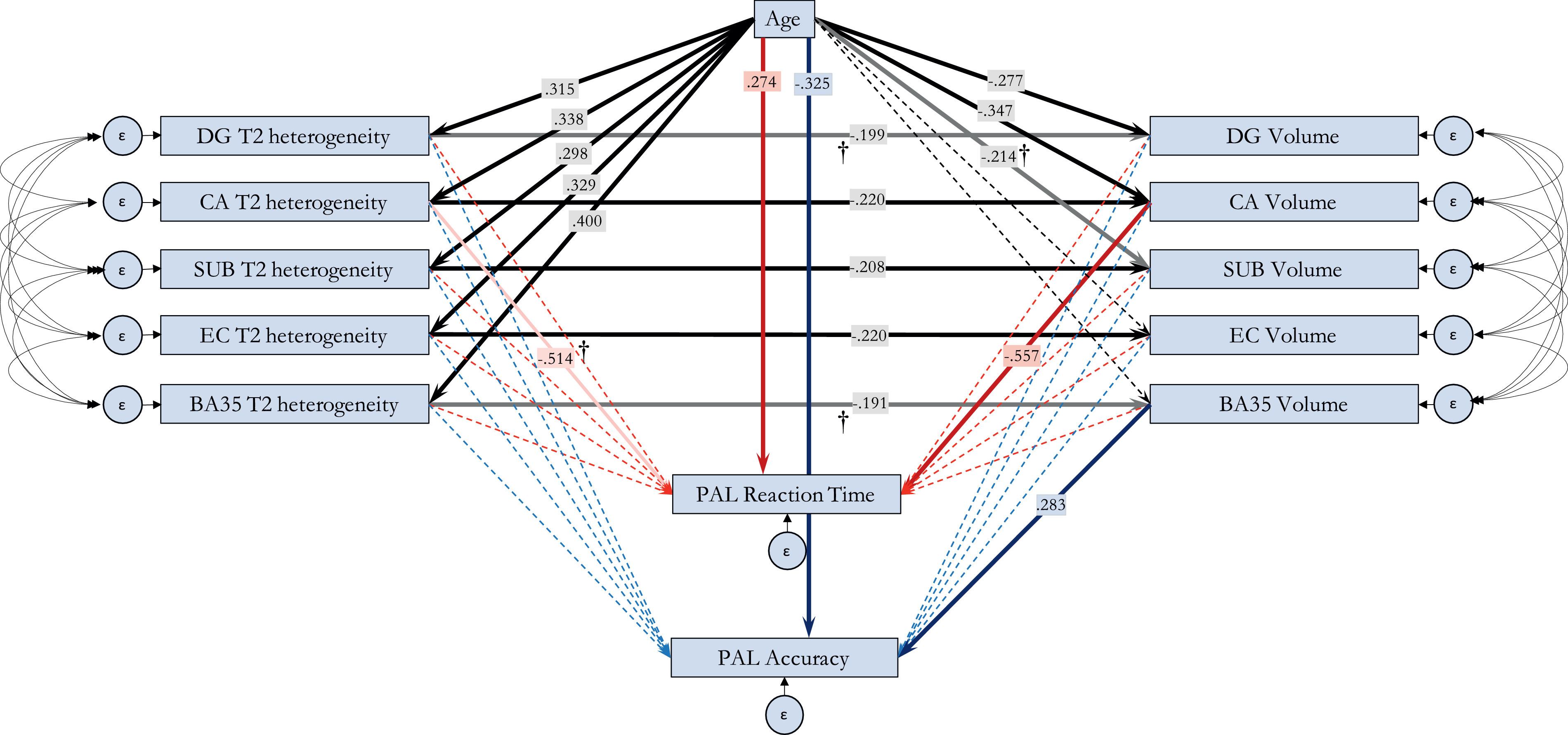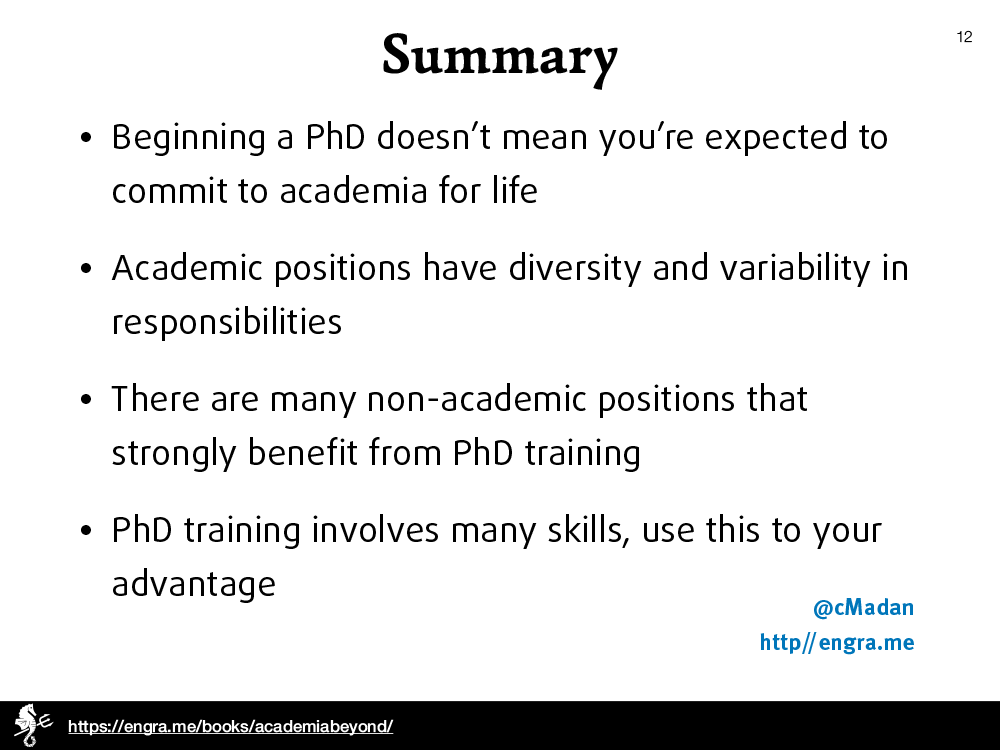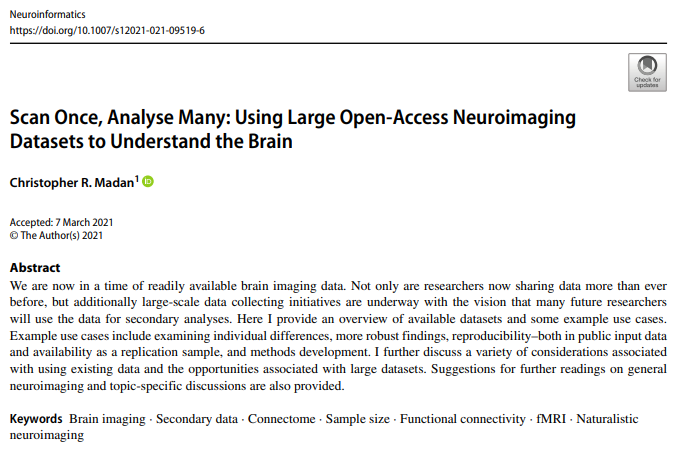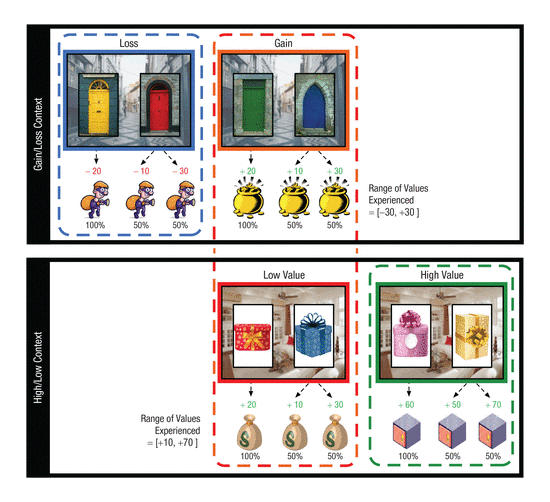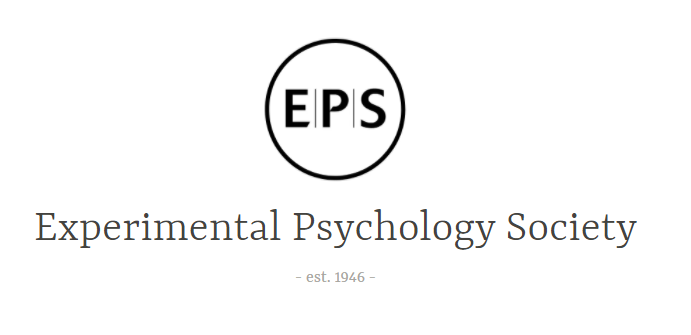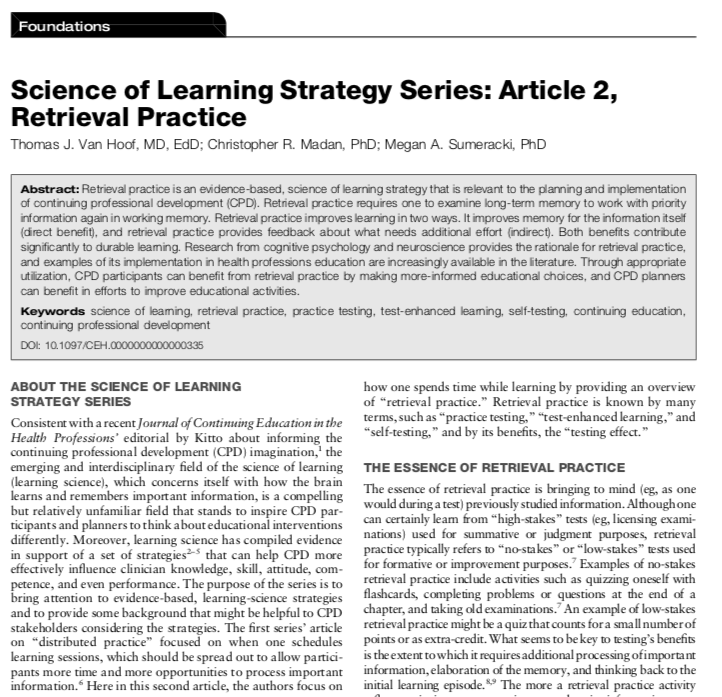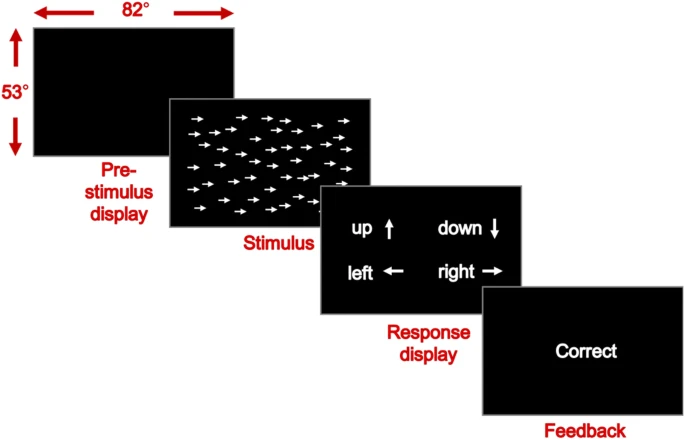Lab Updates
Symposium on "Multifaceted influences of emotion on memory"
Dr. Madan and close collaborator Dr. Daniela Palombo presented recent work as part of a symposium, “Multifaceted influences of emotion on memory”, that they organised as part of the annual meeting of the Society for Applied Research in Memory and Cognition (SARMAC).
Exploring the Facets of Emotional Episodic Memory: Remembering “What,” “When,” and “Which”
Now online in Psychological Science! Research in collaboration with Dr. Daniela Palombo and students in her lab.
“results showed that emotion enhanced and impaired memory, respectively, for “what” and “which.” Unexpectedly, emotion was associated with enhanced accuracy for “when”: We found that participants estimated that neutral images occurred relatively later, but there was no such bias for negative images.”
PhD studentship funded by ASME
The Association for the Study of Medical Education (ASME) has awarded us a PhD studentship for research focused on using virtual patients to reduce errors in diagnosis. The research will be led by John Sandars and Jeremy Brown, at Edge Hill University, along with Rakesh Patel and Christopher Madan, at the University of Nottingham.
“The PhD project funded this year explores feedback for early medical and physician associate students on their clinical reasoning and we hope the findings will inform undergraduate health professions education and, ultimately, improve healthcare practice.”
T2 heterogeneity as an in vivo marker of microstructural integrity in medial temporal lobe subfields in ageing and mild cognitive impairment
New paper looking at with Alfie Wearn, Liz Coulthard, and collaborators now online in NeuroImage!
“T2 heterogeneity in CA1-3 and entorhinal cortex and volume of entorhinal cortex showed some ability to predict cognitive decline, where absolute T2 could not, however further studies are required to verify this result. Increases in T2 heterogeneity in MTL cortices may reflect localised pathological change and may present as one of the earliest detectible brain changes prior to atrophy.”
Careers for Psychology Grads panel
Dr. Madan spoke as part of the “Careers for Psychology Grads” panel at NOWCAM, sharing insights from the recent post-PhD academic/non-academic interview project.
Stay tuned for more information about this project in the next months!
Scan Once, Analyse Many: Using large open-access neuroimaging datasets to understand the brain.
Now online in Neuroinformatics!
“We are now in a time of readily available brain imaging data. Not only are researchers now sharing data more than ever before, but additionally large-scale data collecting initiatives are underway with the vision that many future researchers will use the data for secondary analyses. Here I provide an overview of available datasets and some example use cases.”
Encoding Context Determines Risky Choice
Now online in Psychological Science!
“Both memory and choice are influenced by context: Memory is enhanced when encoding and retrieval contexts match, and choice is swayed by available options. Here, we assessed how context influences risky choice in an experience-based task”
Science of Learning Strategy Series: Article 2, Retrieval Practice
Second paper in a series, with Tom Van Hoof and Megan Sumeracki!
“Retrieval practice is an evidence-based, science of learning strategy that is relevant to the planning and implementation of continuing professional development (CPD). Retrieval practice requires one to examine long-term memory to work with priority information again in working memory.”
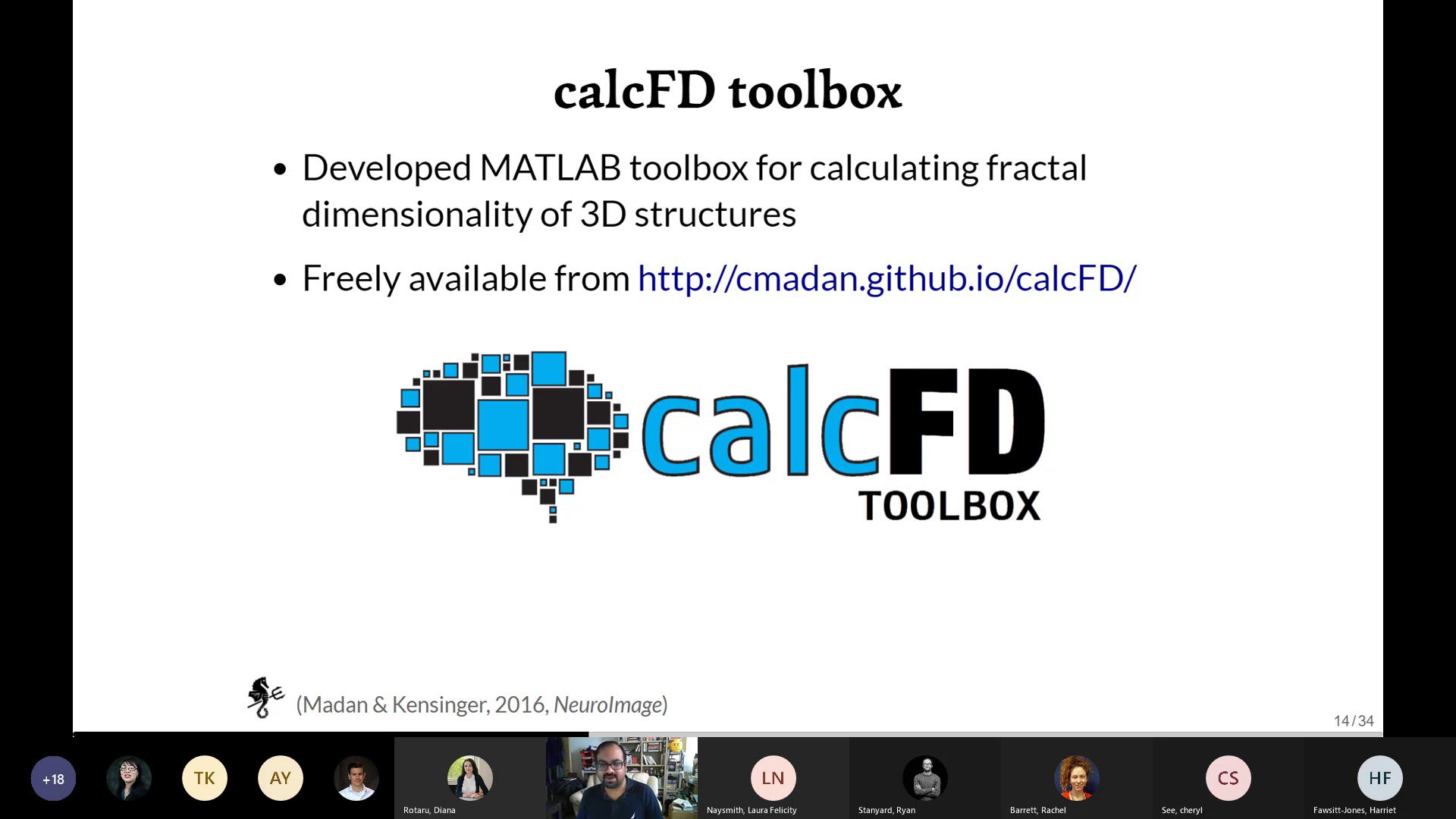
Invited seminars
Recently gave invited seminars on brain morphology and innovative cognitive psychology methods at King’s College London and Duke Kunshan University.
Cerebellar tDCS Alters the Perception of Optic Flow
New paper looking at age-related differences in resting-state fMRI activity, by Jean-François Nankoo, Chris Striemer, and collaborators.
“Our results show that anodal tDCS improves discrimination threshold for optic flow perception, but only for left-right motion in contrast to up-down motion discrimination. This result was evident within the first 10 min of stimulation and was also found post-stimulation. Cathodal stimulation did not have any significant effects on performance in any direction.”
Characterising the Cortex: Developing Novel Measures of Brain Morphology to Better Understand Brain
Dr Christopher Madan gave the weekly seminar for the McGill University Douglas Cerebral Imaging Centre. This talk was focused on work investigating novel brain structure measures to examine aging and the relationship between different measures of cortical structure.
